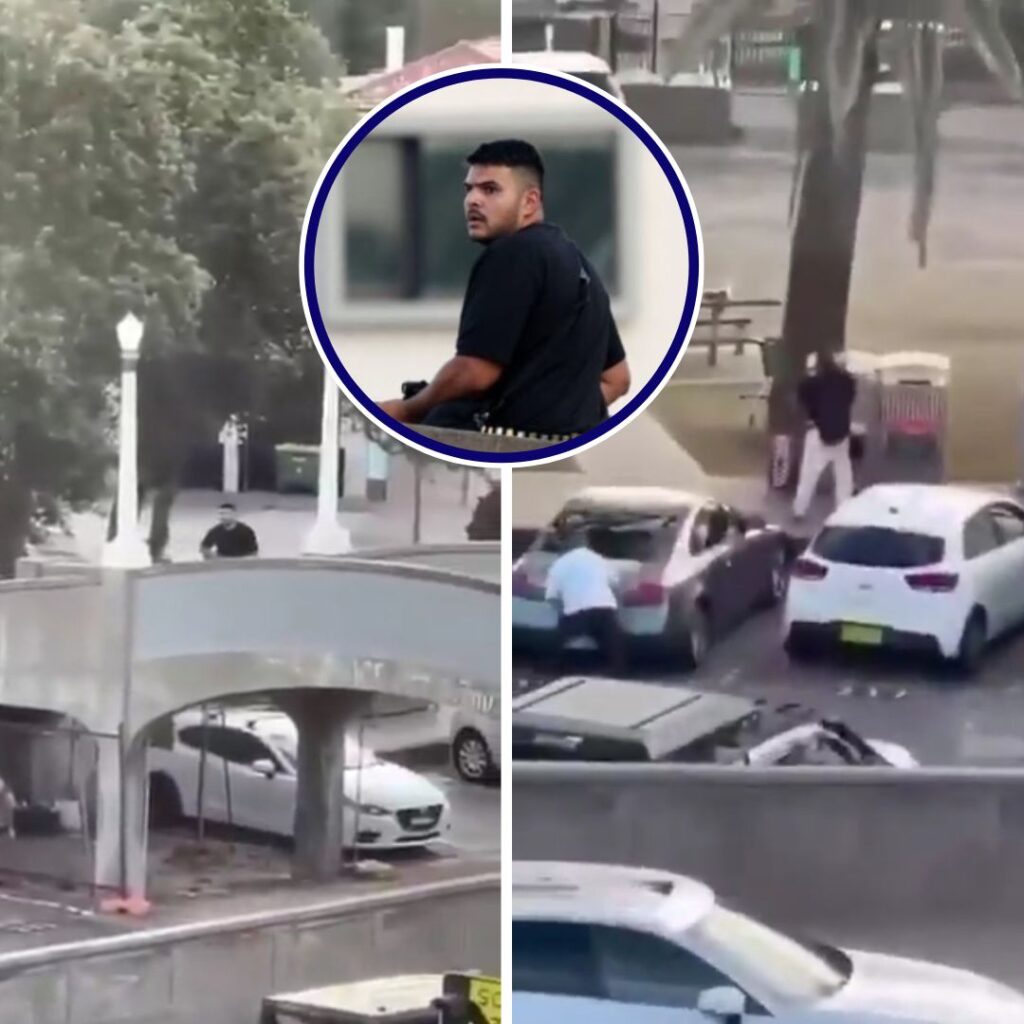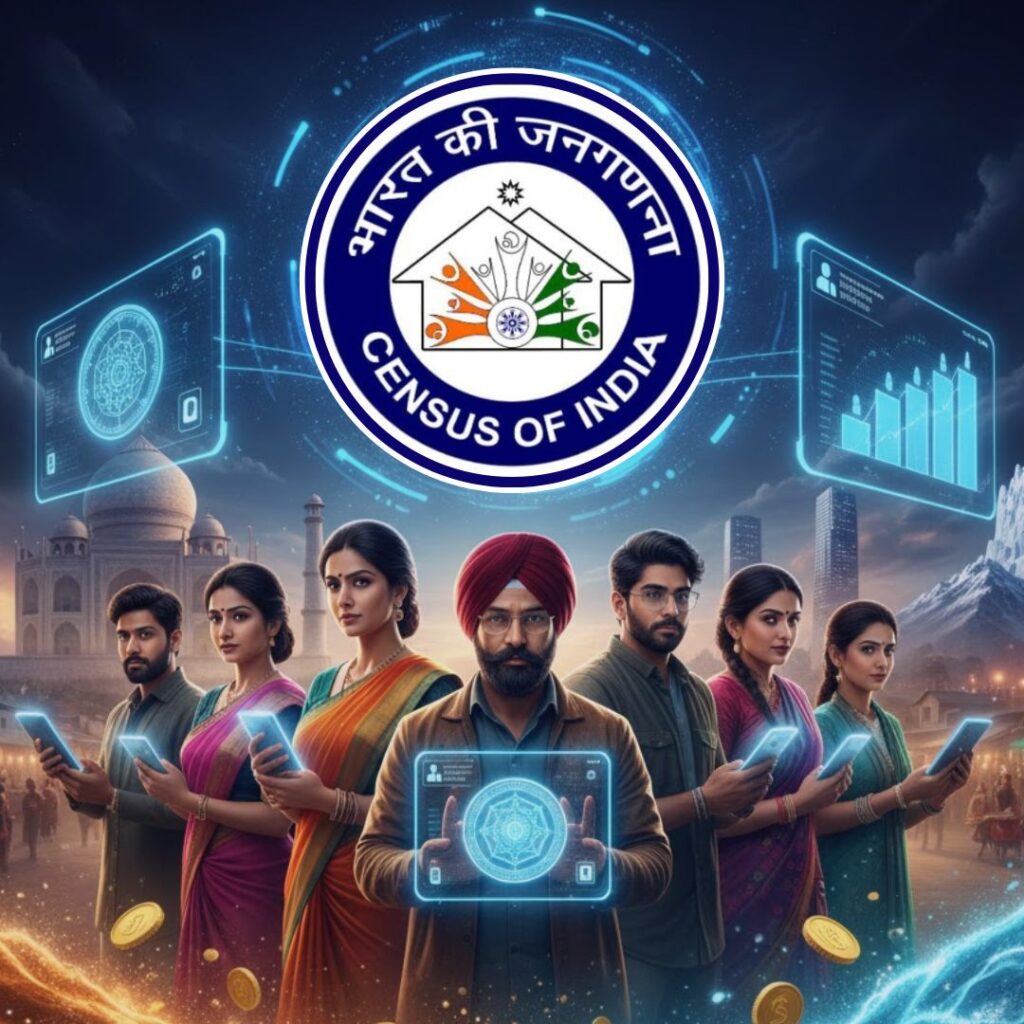Delhi-based Sunaayy Foundation, a non-profit NGO(Non-Government Organisation) is providing education to children and women from humble backgrounds and is helping them to develop skills.
Founded in 2009 by Richa Prasant, the organisation has served over 100,000 meals, and distributed over 1000 blankets and 1,500 uniforms, in addition to the regular lessons imparted to the children.
The project, which initially intended to benefit 200 children of age 3 to 14 years belonging to marginalised families, has impacted over 10,000 lives today. Classroom attendance has also shown a significant increase from around 180 students to 400 students. The women from the same social strata who were educated by them are now teaching kids.
Prasant introduces herself as a ‘primarily a privileged Indian doing certain things which we only talk about and don’t want to do anything about.’
‘I am privileged in the sense that we got the best of education, went to an English medium school, we could make our choices, food was on our platter which the 80 per cent of the Indians still don’t get. So, for various reasons, I am a privileged Indian,’ Prasant said while speaking to The Logical Indian.
The Sunaayy foundation has also helped marginalised families to reduce their financial burden. The organisation supports the families save around â¹9000 per annum – an amount quite significant to families that function on an income less than â¹5000 a month.
Humble Beginnings
Ten years ago, Richa Prasant bid adieu to her corporate life by quitting her job at Hewlett-Packard. ‘While working at HP, I always used to think about what I was doing as an individual and how I could contribute to society. While middle-class people get engaged in a lot of conversations about what was happening around us, at the end of the day, talks don’t convert into action,’ says Prasant.
Out of this constant craving to do something for the poor Sunaayy came into being. Started with 6-10 children, the organisation faced many hurdles initially. But soon people began helping her out, and the number of volunteers kept growing. While some arranged school bags, some contributed crayons, and others took care of the meals, all their fundings are from individual contributions, family, and friends.
‘We tried to identify the children who were on the roads every day instead of being in schools. With Sarva Shiksha Abhiyan and Right To Education, every child was supposed to be going to school, but still, these kids did not,’ recollects Prasant.
‘I realised that parents of most of these children were migrant labourers. Unlike us who have a house as a safe space and a family to support us, they don’t. When both the parents go for work, the children are left alone. Some of these children did not even get breakfast as the mothers would leave home early in the morning and there was no one to cook,’ says Prasant.
Providing A Safe Space For Children
Today, Sunaayy provides these children with a safe space that is similar to creches in playschools and prepares them for the mainstream education system. Children get, free books, stationery, school uniforms and a two-time meal â one as breakfast and another as lunch in addition to free education.
Volunteers who lead most of the programmes constitute a large part of the organisation. Sunaayy also goes beyond textbooks with their volunteers engaging the children in extracurricular activities.
Educating Women
In addition to the children, the organisation also helps women from the same social strata and train them to teach the children.
‘There are several women who wanted to study but could not; women who wanted to have an identity beyond their husbands and their fathers. They needed a platform where they could manage their families as well try to learn something different other than just work as maids,’ says Prasant.
It is these women that then council the mothers in the slums to send their children to Sunaayy. ‘For us to influence the mothers to send their children with these women, where they will be taught and escorted back and forth, is how the programme developed,’ explains Prasant.
‘Just educating a child is not complete until and unless we educate the women around these children – their mothers, sisters, and grandmothers,’ she adds.
The Classes
The teachers leave their home at around eight in the morning and pick up the children from their homes. They gather all the children and escort them to a particular area where they set up the class.
The classes are all make-shift, where they utilise public spaces to minimise costs. These classes are divided according to the children’s abilities. Unlike a typical classroom, the programme is designed around the convenience of the children. ‘It is when they can finish up their work at home that they come to us,’ says Prasant.
After spending around four hours at Sunaayy, where they learn and engage in various co-curricular activities, the children are escorted back to their homes.
‘At present, w…










